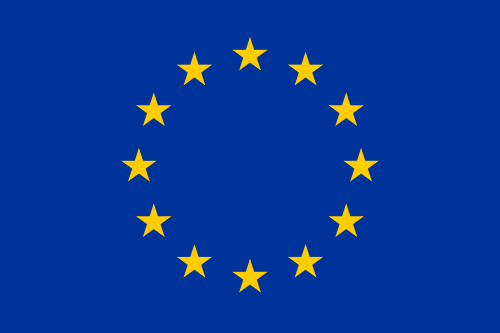Efforts to get a Phone Line
In the time of political change in 1989/90, there was a volley of
critical statements on the general circumstances in the GDR. Some of
these statements (spoken or written) were true; some of them originated
from fantasy or lack of knowledge. It was however true, that Dresden's
Telephone Line Network was technically obsolete and that the number of
available connections couldn't match the now rising, public demand by a
fraction.
It was a young lady who almost scared me when she said: "Those who
owned a private phone line in the GDR were secret police". Yes - I did
have a private telephone line, but I was definitely not secret police
or "Stasi", a term many Germans refer to. I was suddenly suspected to
have been involved in certain political issues, but still today I can
recreate the way I came to own a private phone line based
on the papers I collected.
I didn't have a phone in the first 20 years of my career and I cannot
say I missed it. There were public telephone sets in the living areas
where people had to line up and wait, but I was fine with it. I was
basically doing, what hundreds of thousands citizens did: In urgent
cases, I used the "Volkseigene Telefon im Betrieb", the GDR term for
public phone. I wrote postcards to friends and relatives, which was
quite usual in the old times.
In 1975, I took responsibility for the development for a scientific
technology center for glass and ceramics and therefore had to change
the position of my family's residence to Dresden. My desk was in
Radebeul, but the locations where I worked were always between Ilmenau,
Weißwasser and Schwerin. I travelled several days every week. The more
cuts were made to the benzene contingents, the longer trips within the
GDR took. This situation made it hard for me to predict my returns from
my business trips. This way, my apartment became a hotel. I couldn't
tell the "manager" of my private "reception desk" about my exact time
of return, because she didn't have a telephone. In our block in the
"Riesaer Straße" only one neighbor - an old lady - had a phone line.
Since she lived in our house, I always believed that in the case of an
emergency, I could use this phone to contact my wife. I tried it only
once because
- After making a personal appearance at the telecommunications office on October 1st of 1978,
I asked for a personal telephone line. On October 11th of 1978, the
office informed me that they could not fulfill my request due to
insufficient capacities.
- After several failed attempts to reach me, my assigned minister
Heinrich Meier wrote a letter to the manager of the telecommunications
office and asked him to solve this problem. The manager responded in a
letter from 6th of September 1979 and explained that he understood the
urgency of our request but technical requirements made it impossible to
react. My claim was however earmarked.
- On September 11th 1980, I repeatedly reminded the
telecommunications office on the urgency of my case. On 21st of October
1980, I was told that my claim would be checked again. "Until then, we
ask you to remain patient" - was the last line they wrote in this
letter.
- A long letter by the telecommunications office arrived on 6th of
February 1984. The author, Inspector Pochert, referred to insufficient
financial and technological means and wrote: "to approve of your
request we can only access existing connections." "Your claim remains
earmarked".
- In March 1985 our neighbor died. It came to us, that several
inhabitants of our block were interested in the phone line of the
deceased. I did not want to miss this opportunity, so I wrote a letter
on 20th of March to the telecommunications office and reminded them
about my claim while referring to the death of our neighbor.
- As a reaction to my letter, the telecommunications office had disabled the phone line of the former neighbor.
- On April 1st of 1985, another letter by the office of
telecommunications arrived, containing a long form which I completed
and sent back. On 18th of April 1985, the Deutsche Post sent a
letter, informing me of their approval of the telephone line. In
another letter, they also explained that my line was going to be a
shared line (shared by two). Since there was only one line for both
partners, only one person could speak at a time, and of course both
could not call each other.
The "Fernsprechgeheimnis" would be kept and the billing would be
separate.
But the happiness over a 6
1/
2-years effort
was followed by an unpleasant aftermath. In our enthusiasm we did not
keep the daughter of the deceased neighbor in mind, which had to
dissolve the household and probably had use for the phoneline. This
way, the entire fury of the inheritress discharged in front of our
house door.
Our explanation and our offer to let her use the phone for free
remained unaccepted due to her protest against our actions. She did not
care much about how important this phone was to us or how stone-hearted
her mother had behaved when I asked her to call my wife from Thüringen.
The modern life enforces the use of modern technology, also for the
transfer of information whose existence was unknown to man for
thousands of years. I however still doubt the necessity to make mobile
phone calls from supermarket-queues to anybody.



